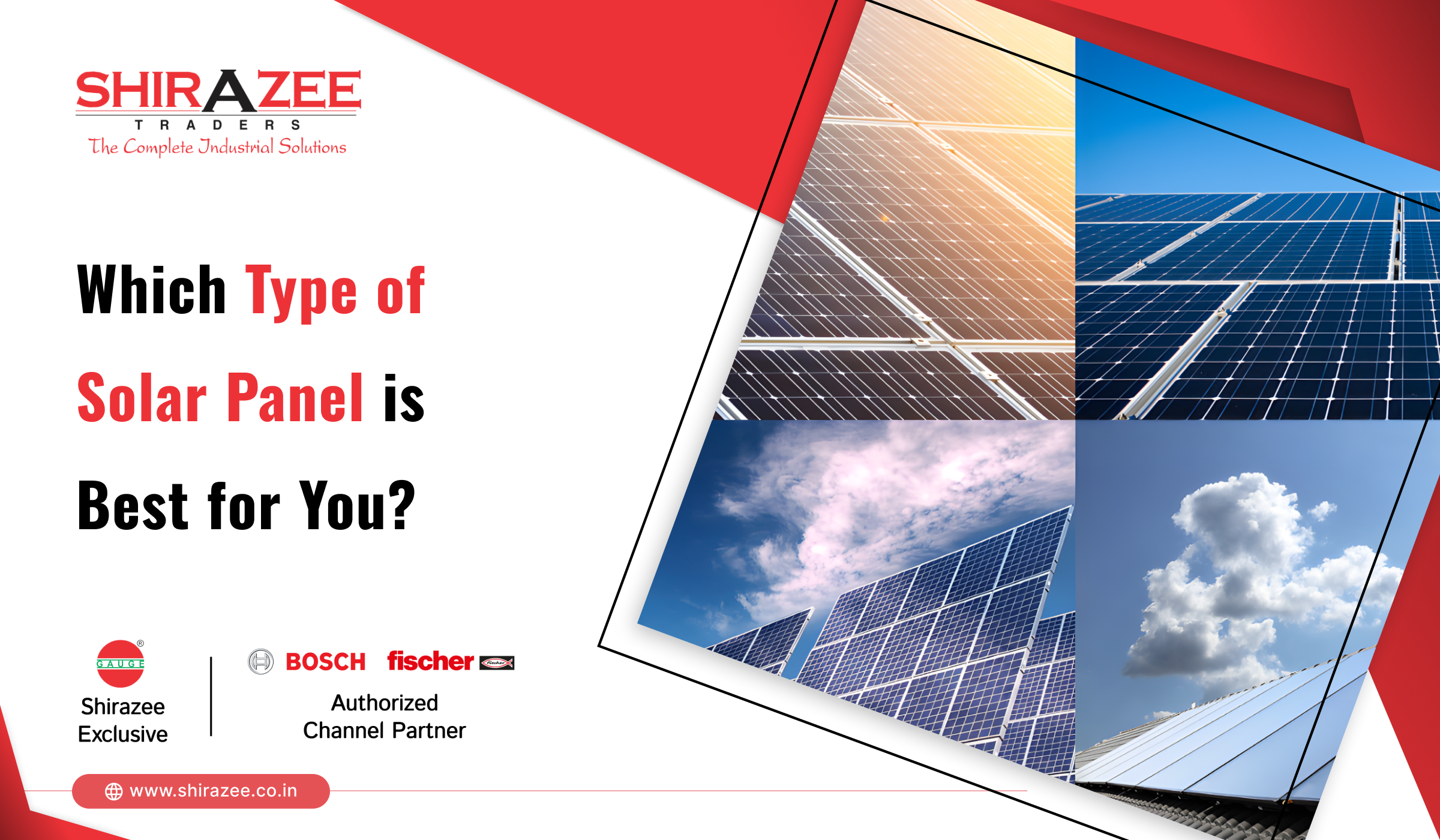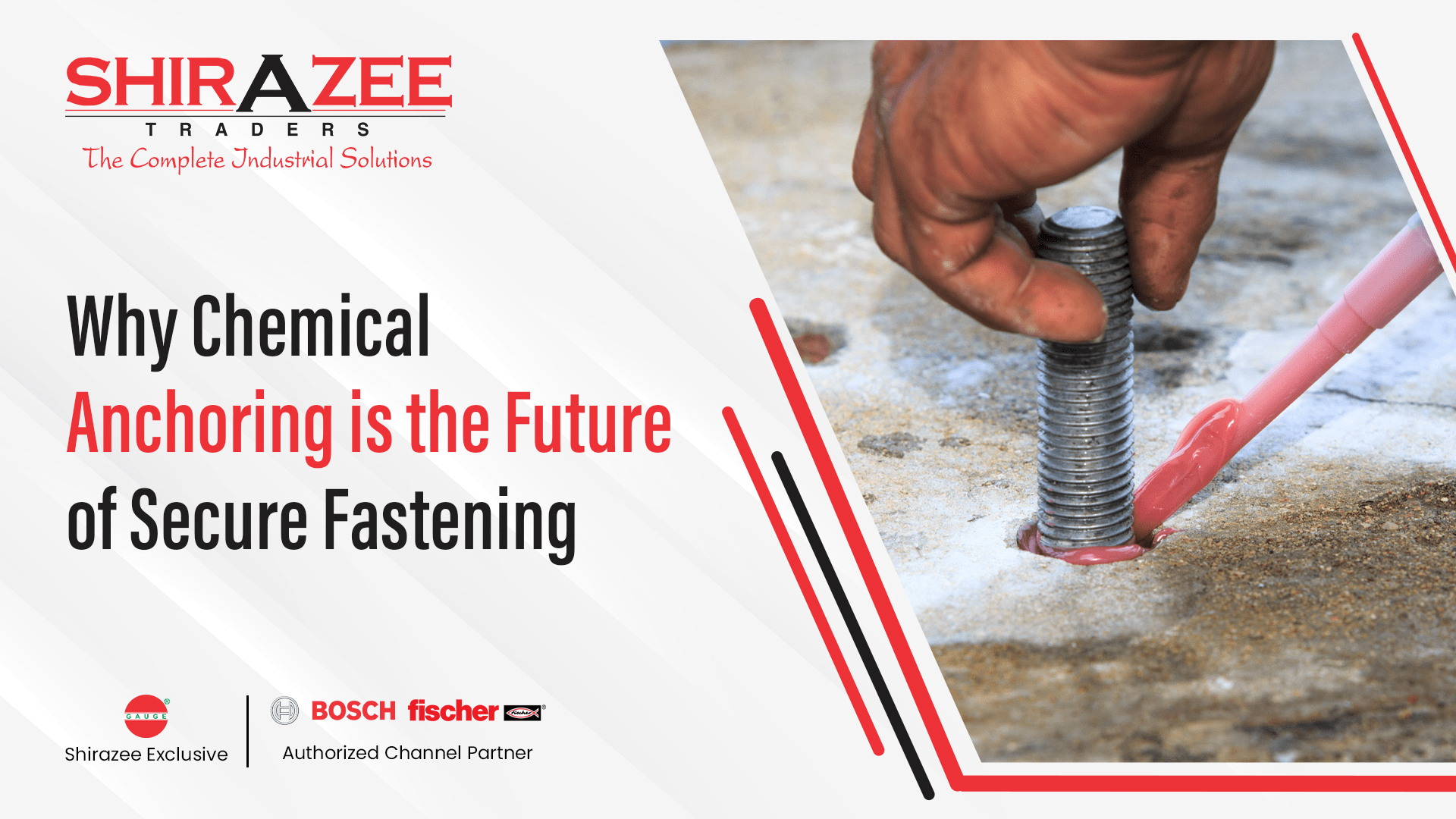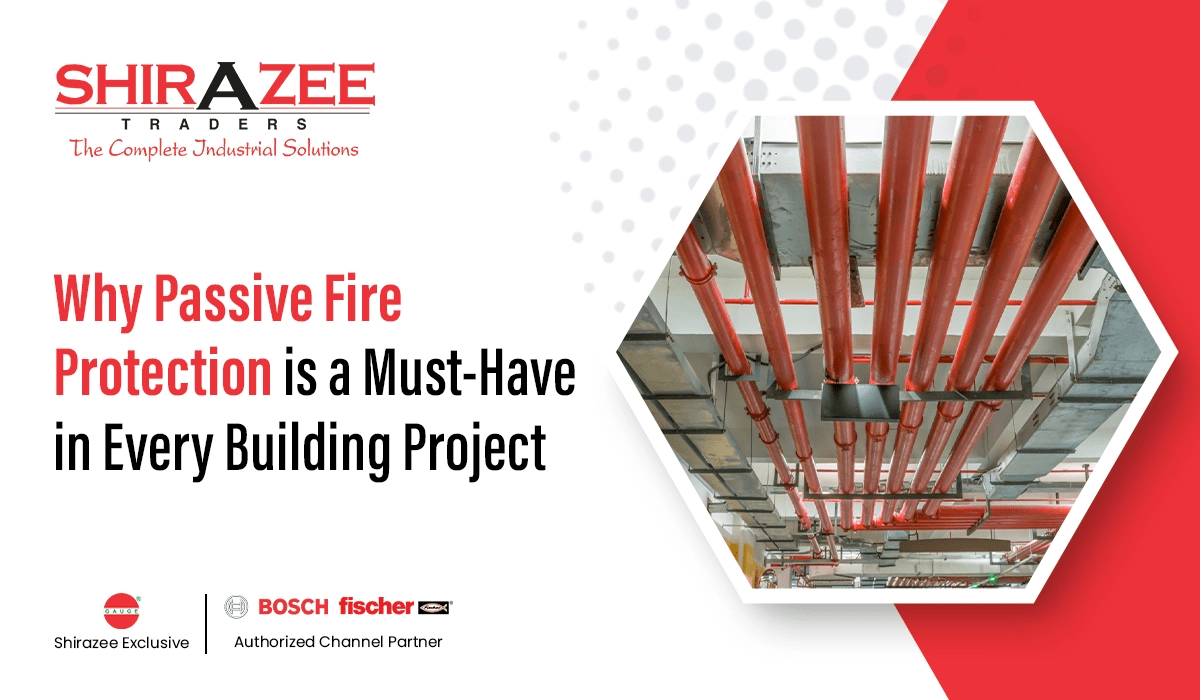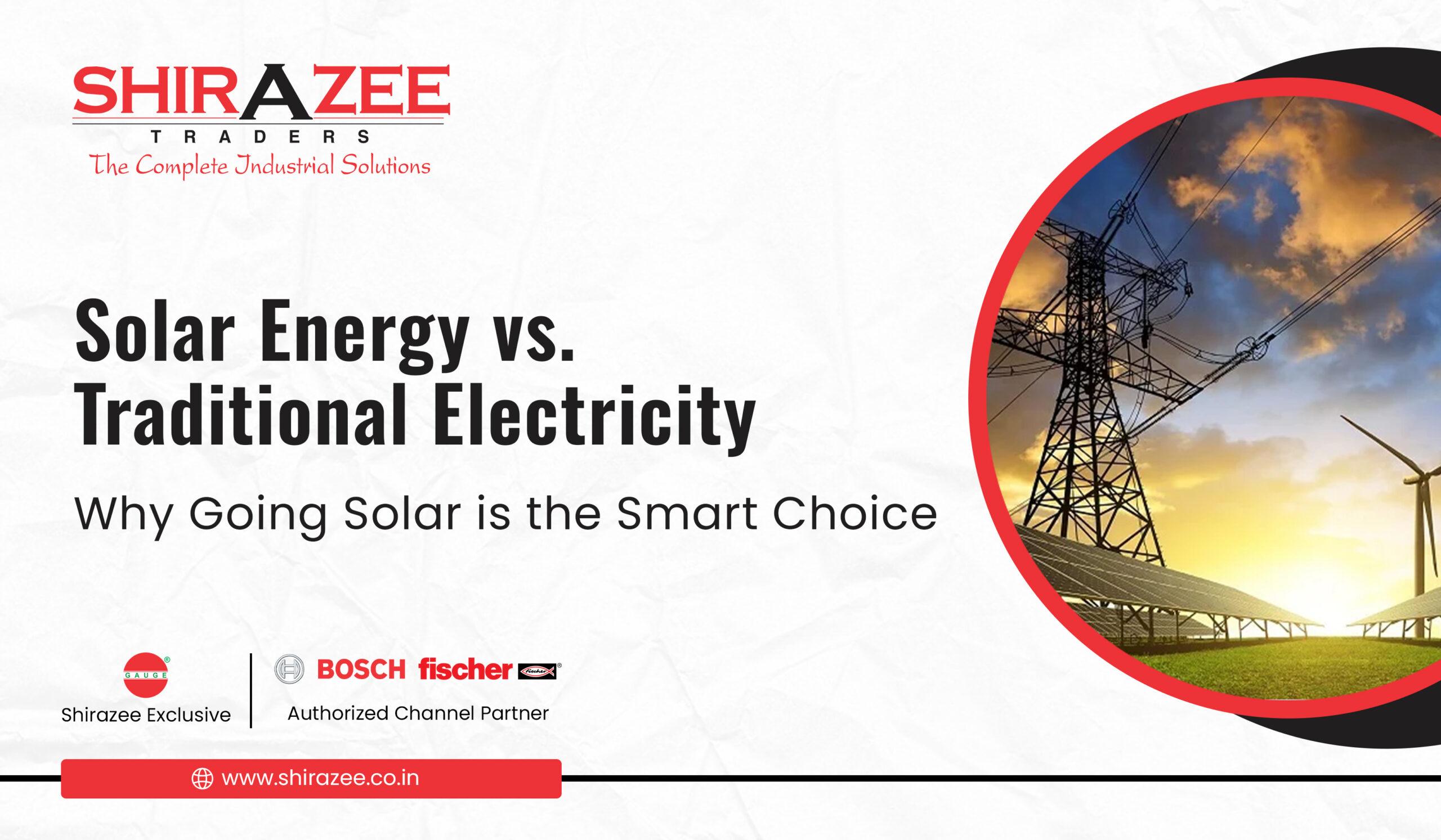
Solar panels assist us in using renewable energy, lowering pollution, and saving money on electricity bills. Because solar energy is more environmentally friendly and can reduce household expenses, more individuals are making the move.
However, not every solar panel is created equal. To get the most out of your system, you must select the appropriate type. It affects the system’s cost, effectiveness, and suitability for your needs.
Let’s examine the three primary varieties of solar panels to see which one would be most suitable for you.
Types of Solar Panels
There are three main types of solar panels. Each type works to convert sunlight into electricity. But they have different pros, cons, and ideal uses. Understanding these differences can help you make the best choice for your home or business.
1. Monocrystalline Solar Panels
A single, pure silicon crystal is used to create monocrystalline panels. These panels often have a sleek appearance and are black in color. The most efficient panels are monocrystalline. Even in the absence of much sunlight, they can generate more electricity. They will also last for many years because of their extended lives.
One drawback is that they are the priciest kind of solar panel. Although their durability and efficiency are covered by the greater price, installation may also be more expensive. Monocrystalline panels are a great option if you have a small roof and want the highest performance. They’re also beneficial for people who are prepared to make a little larger initial investment in order to increase efficiency over time.
2. Polycrystalline Solar Panels
They have a gritty texture and a bluish tinge. Compared to monocrystalline panels, these panels are less expensive. They are a good compromise and provide respectable efficiency.
The inefficiency of polycrystalline panels, particularly in hot weather, is a drawback. Therefore, they might not function as effectively as monocrystalline panels in extremely sunny locations. Polycrystalline panels are a good option if you have enough roof space and want to save money.
3. Thin-Film Solar Panels
Cadmium telluride is one of the materials used to make thin-film panels. These panels can withstand high temperatures and are lightweight and flexible. Additionally, installing them is not too difficult. Out of the three varieties, thin-film panels are the least efficient.
Compared to monocrystalline or polycrystalline panels, they require more room to generate the same quantity of electricity. Large spaces or commercial structures like warehouses are the ideal locations for thin-film panels. They are also appropriate for uses where great efficiency is not as crucial as flexibility and simplicity of installation.
Key Factors to Consider When Choosing
Here are some points to keep in mind when deciding which solar panel type is best for you:
- Roof Size and Space: How much space do you have on your roof? You might choose higher-efficiency panels, such as monocrystalline ones, if space is at a premium.
- Climate: Consider the climate in your area. Certain panels function better in hotter climates or with less light.
- Budget: Take into account both the upfront expense and the long-term savings. Although monocrystalline panels are more expensive, they may end up saving you more money.
- Energy Needs: What is your power requirement? Larger energy needs could require a combination of panel types or a single kind to optimum production.
Which Type of Solar Panel is Best for Specific Needs?
Based on typical circumstances, here are some brief recommendations:
- For Homes with Limited Roof Space: For residences with a small roof: Because they provide the greatest electricity per square foot, monocrystalline panels are your best option.
- Budget-Friendly Choice: Polycrystalline panels are less expensive while maintaining a respectable level of efficiency.
- For Commercial or Industrial Use: In big areas or warehouses, thin-film panels perform effectively, particularly where flexibility is required.
Summarizing All
The cost and amount of energy you save might be significantly impacted by the solar panel you choose. Don’t forget to account for your energy requirements, budget, and roof space.
If in doubt, consulting a solar specialist can assist you in selecting the best course of action.
You can meet your energy needs and contribute to the environment at the same time by using solar electricity. You’ll save money and experience efficiency with the correct panel.







